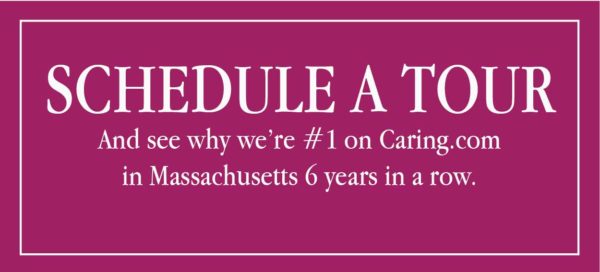Does mammography generally benefit or harm women who are older than 80? We still don’t really know.
Last year, a retrospective study of mammography in older women (age, 80) was published by the Journal of Clinical Oncology. The study demonstrated higher breast cancer–specific survival among older women who had undergone regular screening mammography than in those who had not. Although the authors acknowledged some study limitations, they concluded that “health care providers should consider discussing the potential benefits of screening mammography with their older patients, particularly for those without significant comorbidity.” When the article was published online in April 2008, the American Society of Clinical Oncology issued a press release that clearly overstated the study’s findings; it was entitled, “Women 80 and Older Benefit from Mammography, but Few Are Screened.” Many news sources disseminated this message. In contrast, the New York Times published a balanced piece that presented both sides of the debate.
Now, the Journal of Clinical Oncology has published two letters to the editor that strongly criticize the 2008 study. The writers discuss two major points. First, the study investigators failed to acknowledge the well-known biases (lead time, length, and overdiagnosis) that are inherent in observational and retrospective studies of screening. The gist of these biases is that earlier diagnosis of cancer, through screening, does not necessarily translate into a mortality benefit. Second, not only breast cancer–specific survival, but also non-breast cancer–related survival, was significantly higher among women who regularly underwent mammography. This finding strongly suggests that elders who got regular mammograms generally were healthier, or were advantaged in some other way, compared with unscreened women. One of the letters — signed by 14 researchers from six countries — concluded that “the Journal of Clinical Oncology erred in publishing this article. It was a disservice to women.”
Airing of this controversy is particularly timely. In 2008, the U.S. Preventive Services Task Force added upper age limits when they updated colon and prostate screening guidelines in 2008 (JW Oct 28 2008 and JW Aug 26 2008), but their breast cancer screening guideline does not include an upper age limit (JW Mar 19 2002). Randomized trials of mammography screening, conducted several decades ago, did not include older women.
In the absence of formal guidance, how should clinicians address this issue? Some women in their 80s and 90s, who intuitively embrace the idea that screening shouldn’t go on forever, ask directly, “Must I keep having mammograms?” If an older woman signals her desire to stop, I support her preference. If a woman does not initiate this discussion on her own, I note the absence of evidence for harm or benefit and then elicit her preference; after such discussions, I’d estimate that roughly half decide to stop, and half want to continue. For older women with serious comorbidities that curtail expected survival, I strongly discourage mammography.
— Allan S. Brett, MD


